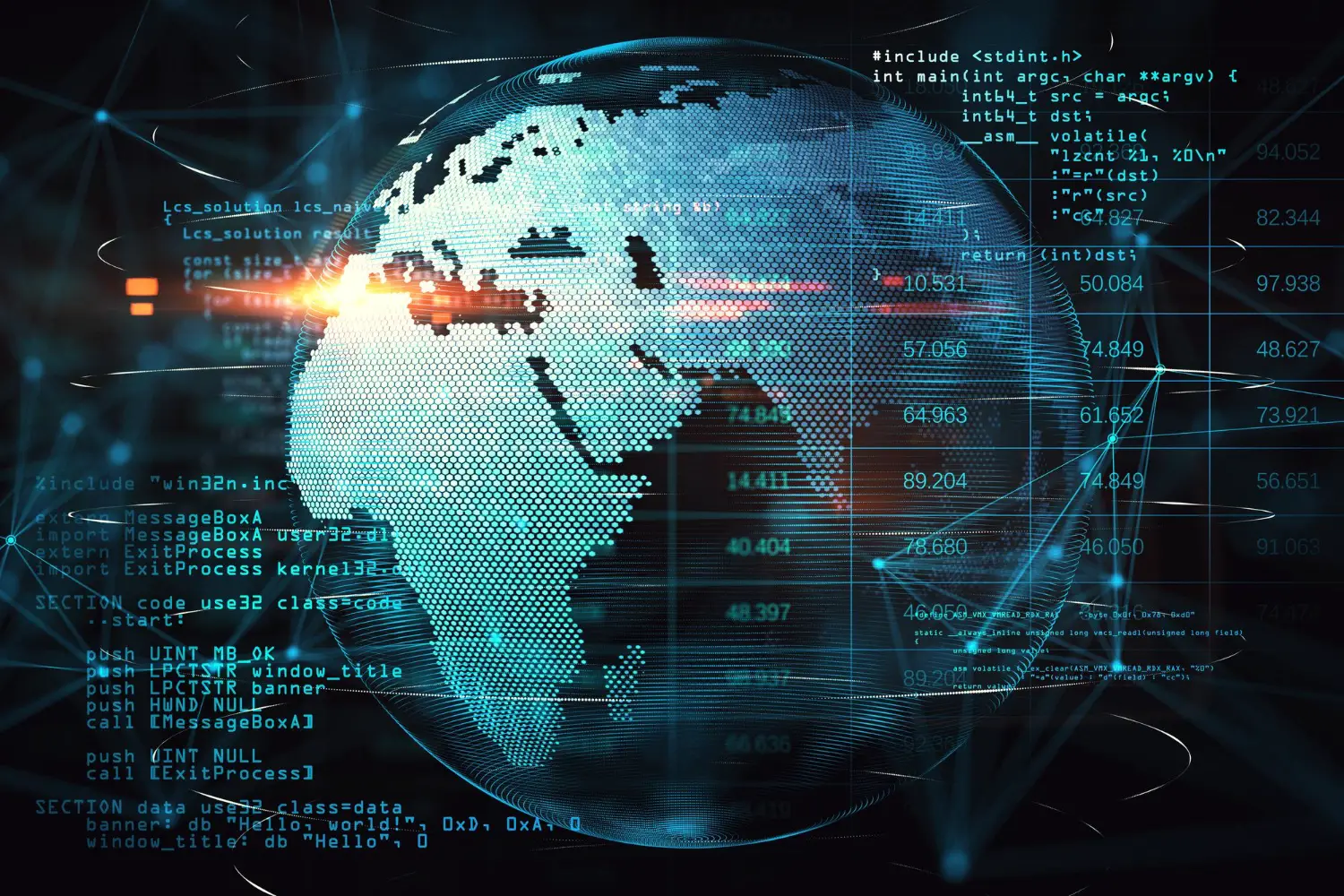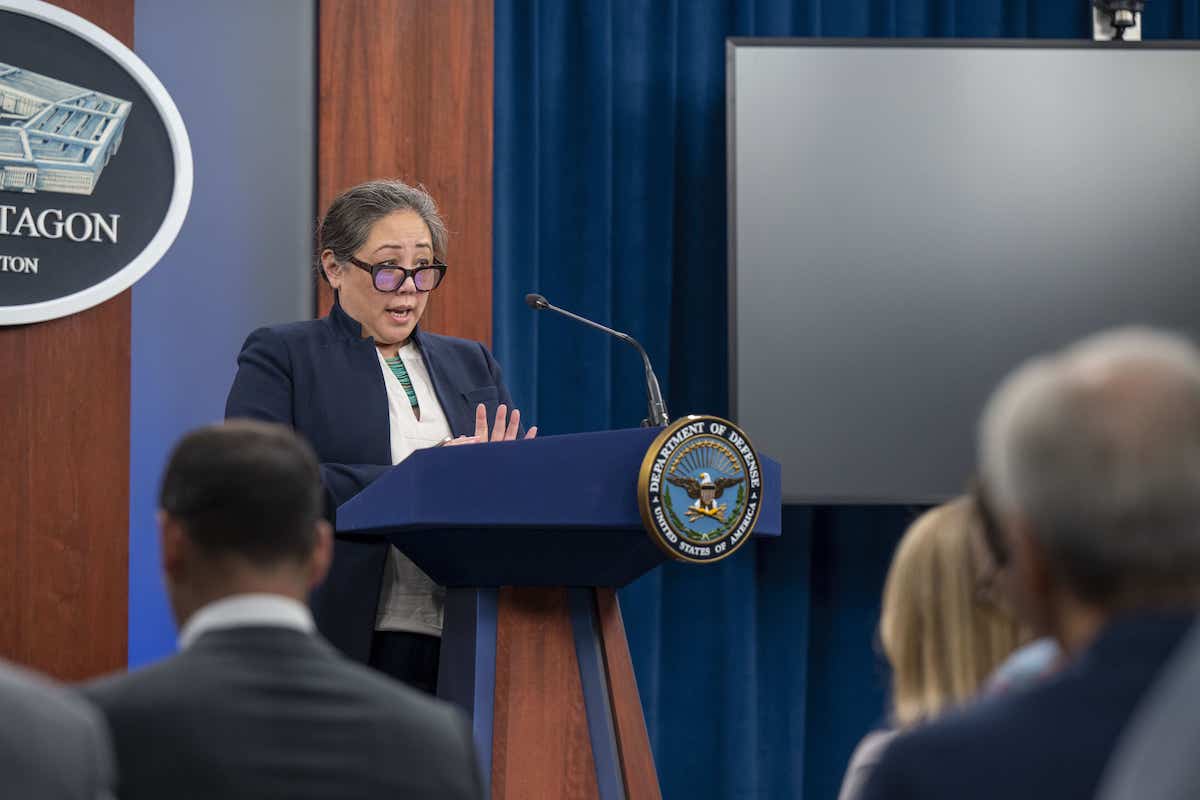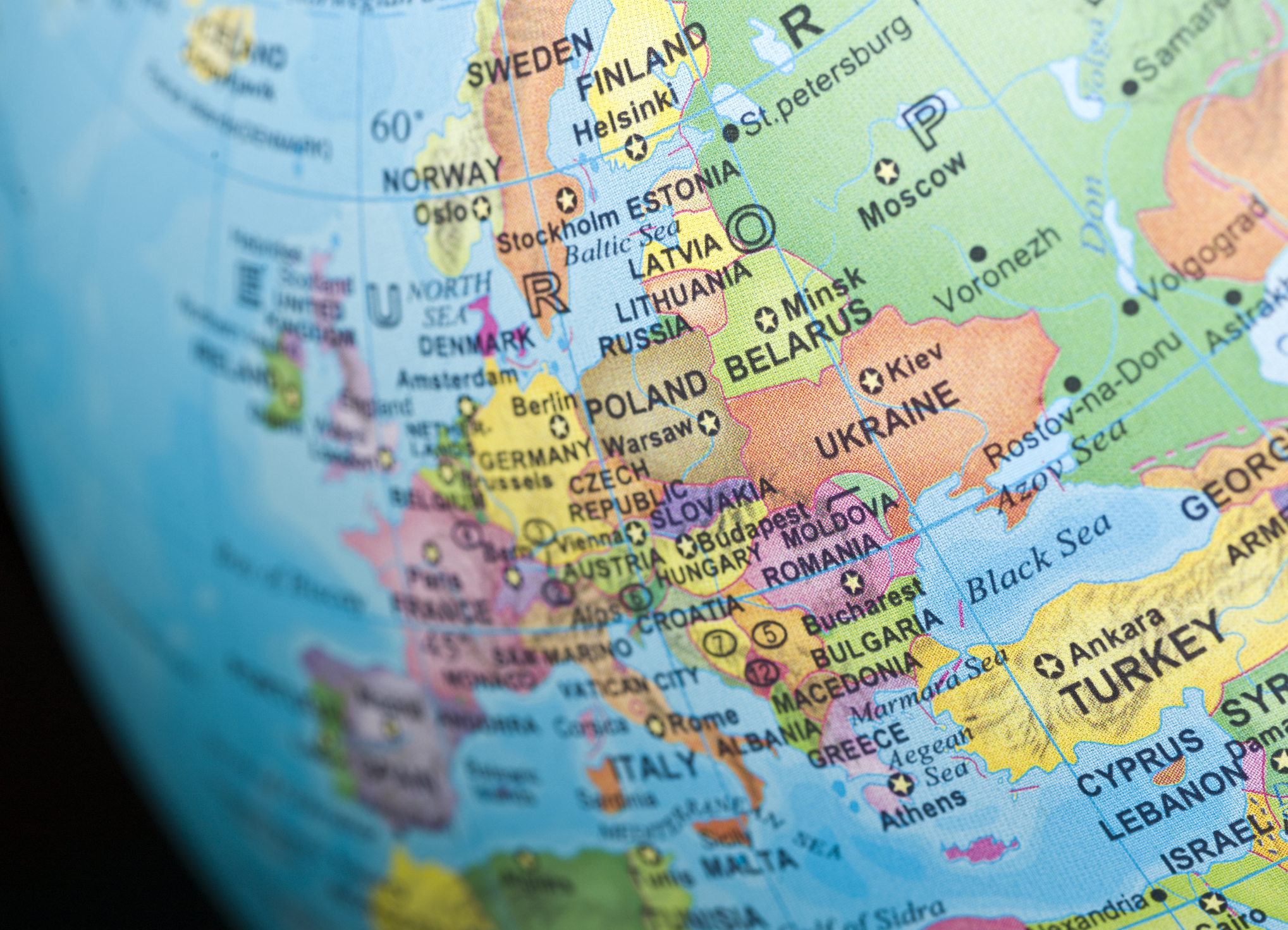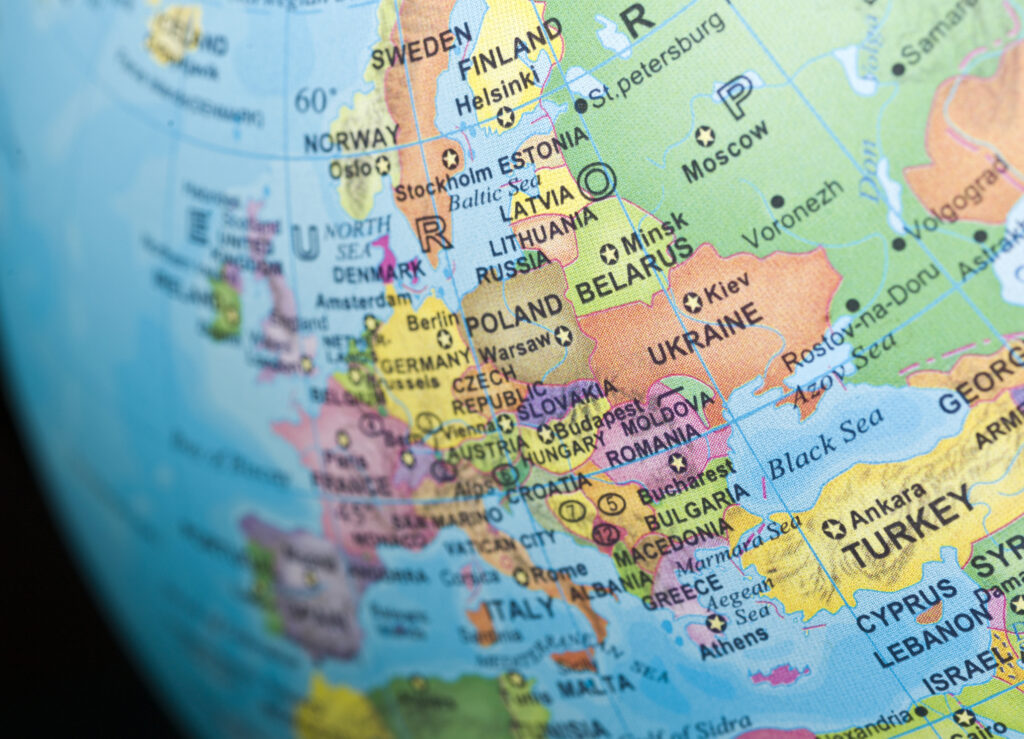Russia-Ukraine and Israel-Hamas Wars Reveal All [Cyber] Conflicts Are Global
During an impassioned public plea in October, President Joe Biden linked the Gaza and Ukraine conflicts, saying each is “vital for America’s national security.” The subsequent funding bill also linked the two and quickly became political, with debates about the connection raging.
However, while debates continue, cyberspace reflects the two conflicts being intimately linked to broader geopolitical alliances. It also serves as proof of the blurring lines between traditional hacktivism as an ideologically motivated activity and organized nation-state actor attacks.
Cyber War’s Reach
The wide-reaching effects of cyber war mean that even civilians of countries not directly involved in a war might be impacted.
For instance, in 2020, Israel faced a significant cyber threat targeting critical water infrastructure. For the US, this threat became a reality in 2023. The Iranian CyberAv3ngers group exploited vulnerabilities in US industrial control systems, revealing significant cybersecurity weaknesses in American water utilities.
The nature of modern cyber warfare adds a global aspect to nearly every conflict. Nations must tackle the issue with universally coordinated and revamped tactics able to combat sophisticated nation-states in a truly global digital battlefield.
The Blurring of Lines
The trend of cybercriminals declaring allegiances to nation-states and actively participating in geopolitical conflicts comes as the distinction between hacktivists, cybercriminals, and nation-state actors continues to erode.
Hacktivist groups, such as SiegedSec, have been acting against the West by declaring allegiances to Russia and targeting Israel’s government infrastructure and Shufersal, the country’s largest supermarket chain.
The increasingly complex web of alliances and motives in the cyber realm means that nation-state actors, traditionally associated with espionage, are now engaging in economic crimes. North Korean state actors are this trend’s epitome, being responsible for a quarter of all global cryptocurrency currency thefts.
Meanwhile, Chinese state actors have gone to unprecedented lengths to conduct economic espionage and intellectual property theft. These actors routinely…




